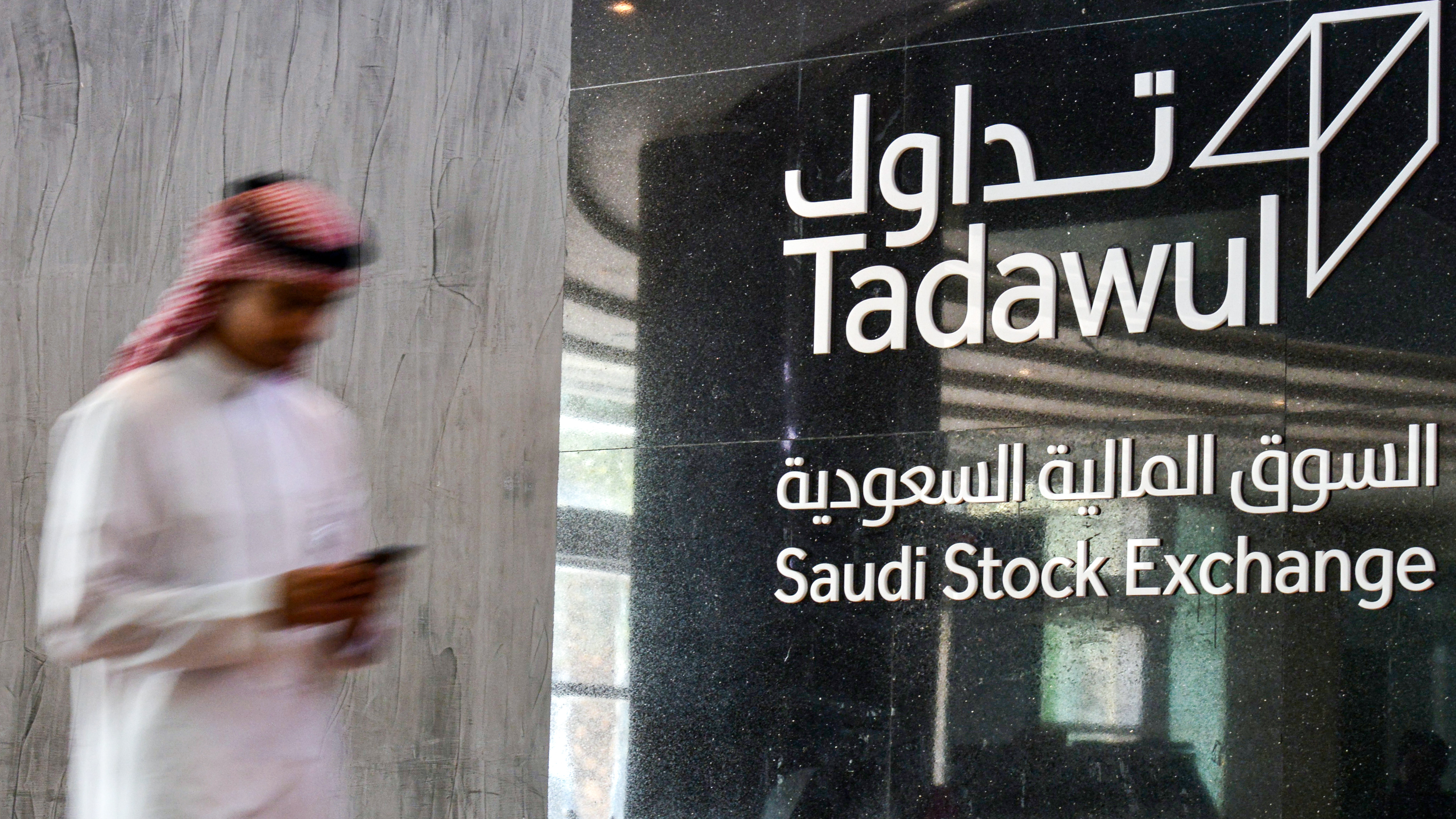Riyadh, Saudi Arabia — Four negotiated deals worth SAR 123.1 million ($32.81 million) were registered by Saudi Exchange (Tadawul) on Saudi Aramco and Arabian Centres Company (Cenomi Centres).
A negotiated deal involves a stock purchase based on a bargain between buyers and sellers, apart from the market price. The negotiated deal is conducted under the control of Tadawul and relevant capital market laws and regulations.
The negotiated deal does not directly impact the last deal price, highest/lowest stock price, opening/closing price, or market/sectors indices.
In July, Aramco completed its purchase of a 10-percent stake in a Chinese petrochemicals firm, part of an expansion into the world’s top crude importer.
The Saudi energy giant unveiled plans in March to acquire the stake in Rongsheng Petrochemical, valued at $3.4 billion.
The deal calls for the supply of 480,000 barrels per day of Saudi crude to an integrated refining and chemicals complex owned by a Rongsheng affiliate.
Aramco, which is mostly state-owned and said it earned record profits totaling $161.1 billion last year, has pledged to achieve “operational net-zero” carbon emissions by 2050.
That applies to emissions that are produced directly by Aramco’s industrial sites, but not the CO2 produced when clients burn Saudi oil in their cars, power plants and furnaces.








